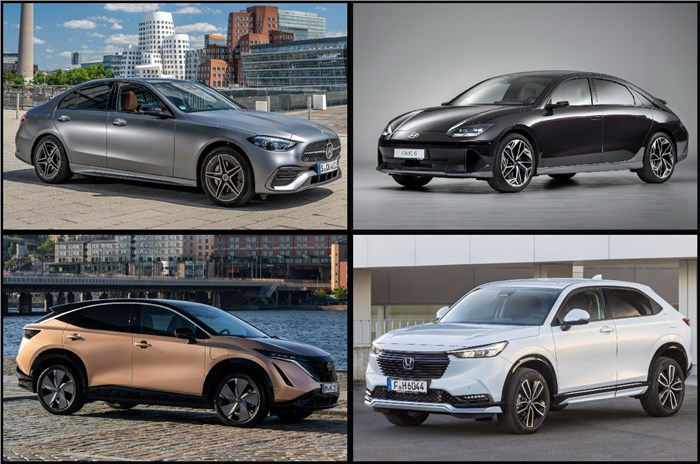In a world of ever growing technology that is constantly seeking to improve and refine itself, many scientists and automobile manufacturers are working together to find alternative fuel sources to power our transportation. Due to fewer fossil fuels and increasing rates of greenhouse gases, it’s more than money that we need to save by looking for alternative fuel sources.
To prevent our transportation from poisoning our planet, a number of possible alternative sources of fuel for cars are being created. Many of them have yet to hit the public eye, but more and more options are coming to light.
Electric cars are becoming more and more popular, from hybrid models to ones you can plug in at night to recharge. Flexible cars and smart cars roll out of dealerships into the hands of consumers to be tested and test-owned to get a sense of how well they will perform in a fast-paced, high-demand market. Many of these cars are still hybrid models, which means that even though they get most of their fuel from a rechargeable battery, they still have a full tank of gas in case you run out of charge. Electric cars are seen everywhere these days, and as manufacturers and mechanics work out more of the bugs in them, the value of these cars increases. They save money, pollute less and look great.
Solar cars is another car that is being tested in the market these days. However, you don’t see many of them on the roads yet, as mechanics and engineers are still working on many bugs and defects. Not to mention that they are still very expensive. These solar cars run on energy from the sun and as long as you have daylight you will have a fully equipped and running car. Many of these solar cars could be put in a category with electric cars, since they are usually powered by electrical parts, but they are powered by solar energy. This is a really cool prospect for alternative fuels for cars, if they could just figure out what to do when it gets dark…
Vegetable oils are not just a possible fuel source; They are one of the leaders in alternative fuel sources for vehicles that are going green. These engines can be powered by a number of well used and processed oils and use much less fuel than the traditional gasoline engine. Not only that, but these oils are widely available, easily manufactured, and emit very little waste or toxins into the air.
There have also been rumors of vehicles already running entirely on hydrogen, and even many yard mechanics have discovered the benefits of adding a hydrogen system to any gasoline engine. Just adding hydrogen gives a gasoline car more power, uses less fuel, and only releases oxygen as waste. Once the fine tuning of a full hydrogen engine is complete, we should have cars that can run almost exclusively on water.
One last source for the discussion of possible alternative fuels for automobiles is methane gas. If they could just find a way to get rid of the smell, we’d have a near-perfect combustible fuel source. Methane gas is found in the droppings of mammals and land animals, especially in the droppings of humans and livestock. If they were to refine a system for it, every car owner could fill his own tank every time he had to use the bathroom! Which means these vehicles are likely equipped with some sort of built-in toilet. The bonuses of this system would be that you would pay the same amount for fuel for your car as you would for your meals, and the waste is non-toxic (aside from the smell).
These are not all possible alternative fuels for cars, but there are so many emerging in today’s world that it is becoming difficult to keep track of them all. It’s anyone’s guess what amazing new automotive technology will come next.





